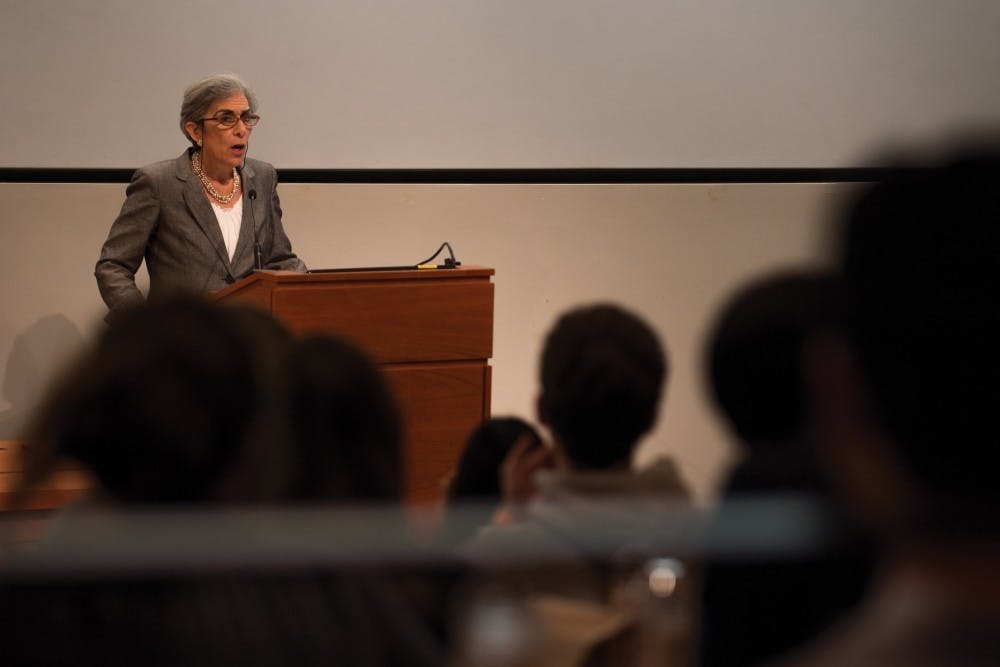Amy Wax Up In Arms Over Takedown of 'Perfectly Nice' Priests

October 3, 2018 at 8:05 pm
After a year of wildly controversial and deeply prejudiced statements, Penn Law professor Amy Wax is up in arms again—this time over what she sees as the systemic takedown of careers of some “perfectly nice” priests throughout Pennsylvania.
Her comments, made in a webinar last Thursday to a group of Harvard Students thoroughly convinced they were listening to a piece of performance art, came just a week after her controversial statements surrounding Dr. Ford and the Kavanaugh hearing. In a long-winded constipated-like state, Wax described how Dr. Ford should have “held her tongue” and that “it violates principles of basic fair play for her to be bringing this up.”
Now, Wax has expressed similar sentiments surrounding the testimonials from within the archdiocese of Pennsylvania. The men came forward over the past year to the Philadelphia Inquirer, recounting inappropriate and abusive behavior from priests in their communities.
In her webinar, Wax noted that if anything had actually happened to the men, they would have gone to the publication with their concerns, “even if there would have been consequences to bitching about it at the time.
"We need to balance off the pros and the cons, and on balance, these priests are good for us and they’re good for America," Wax stated, following up with by discounting the victims’ claims and offering a hard and fast character analysis of the priests despite never having met any of them.
The law professor went on to personally redefine well-established norms in the field of psychology, claiming that, if she is certain of anything in this life, it is that PTSD is not a real condition. Wax boldly claimed that the abuse “didn’t create any permanent harm, except through this manufactured idea that this is such a horrible, traumatic thing,” despite decades of research from noteworthy psychologists clearly stating that it has in fact hurt a lot of people.